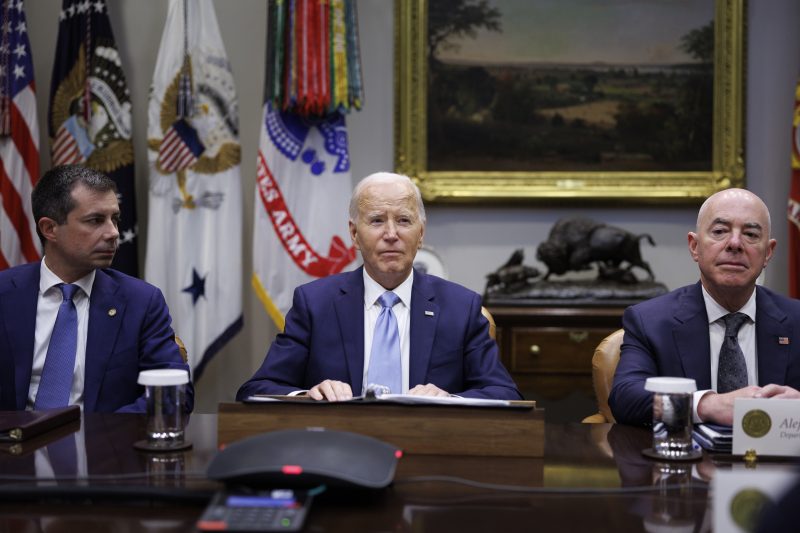
Biden’s Peace Push in the Middle East: Navigating a Brink of War
In a rapidly evolving geopolitical landscape, President Joe Biden has been working diligently to navigate and mitigate escalating tensions in the Middle East. The region teeters on the brink of all-out conflict, with the Israeli-Palestinian conflict serving as a focal point for unrest and violence. Biden’s administration has been faced with the challenging task of de-escalating tensions and preventing further conflict that could have far-reaching consequences.
One of the key strategies employed by Biden to limit the conflict is through diplomatic engagement with all parties involved in the Israeli-Palestinian issue. Recognizing the complexity and deeply rooted nature of the conflict, Biden has sought to foster dialogue and communication channels to facilitate peaceful resolution. Secretary of State Antony Blinken has been at the forefront of these diplomatic efforts, engaging with regional leaders to build consensus and find common ground.
Furthermore, Biden’s administration has reaffirmed its commitment to a two-state solution as the framework for resolving the Israeli-Palestinian conflict. This stance aligns with longstanding U.S. policy and international consensus, emphasizing the need for both Israelis and Palestinians to live side by side in peace and security. By advocating for a two-state solution, Biden aims to provide a roadmap for reconciliation and a sustainable path towards lasting peace in the region.
In addition to diplomatic initiatives, Biden has taken steps to address the underlying causes of the conflict, including the humanitarian crisis in Gaza. The administration has provided aid and support to alleviate the suffering of the Palestinian people, recognizing the urgent need for humanitarian assistance in the region. By addressing the root causes of instability and insecurity, Biden seeks to create the conditions necessary for a peaceful resolution to the conflict.
At the same time, Biden has reaffirmed the United States’ unwavering commitment to Israel’s security and right to defend itself against threats. The administration has continued to support Israel’s right to self-defense while urging restraint and de-escalation to prevent further violence and loss of life. By balancing support for Israel with calls for restraint, Biden aims to safeguard regional stability while upholding U.S. strategic interests in the Middle East.
As the situation in the Middle East remains fluid and tense, Biden’s efforts to limit conflict and promote peace serve as a crucial pillar of U.S. foreign policy. By engaging diplomatically, advocating for a two-state solution, addressing humanitarian concerns, and supporting Israel’s security, the administration seeks to de-escalate tensions and prevent the outbreak of all-out war. The road to peace in the Middle East is fraught with challenges, but Biden remains committed to working towards a future of stability, prosperity, and coexistence for all parties involved.
